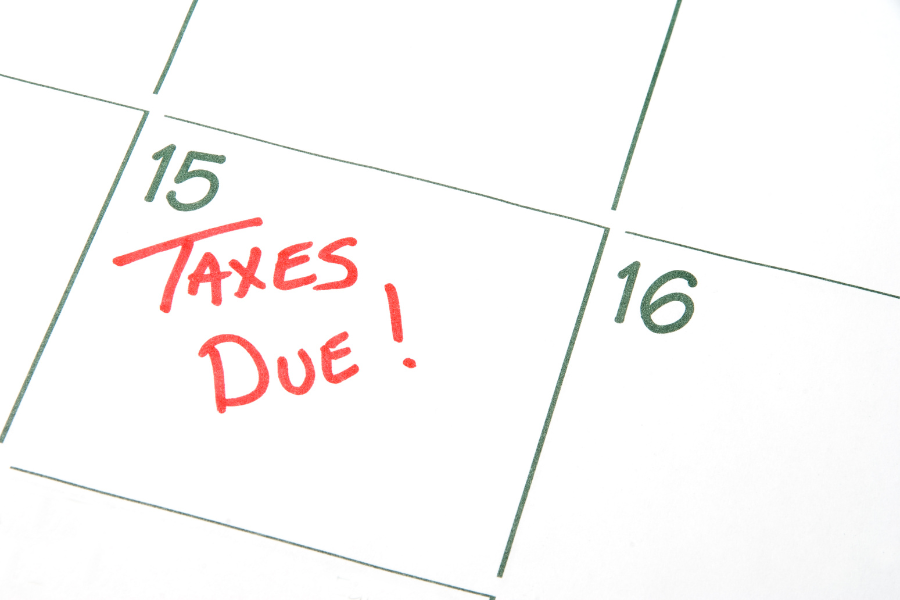
Last-Minute Tips for Getting Your Financial Information to Your CPA
April 4, 2024
With the tax deadline fast approaching, many individuals find themselves scrambling to gather their financial information for their CPAs. If you’re in this boat, don’t panic! Here are some actionable tips to help you efficiently organize your documents and make the process as smooth as possible:
1. Gather All Essential Documents
Start by collecting all the necessary documents. This includes your W-2 forms if you’re employed, 1099 forms if you’re self-employed, any receipts for tax-deductible expenses, bank and investment statements, and records of any tax payments you’ve made during the year. Having these documents in one place can save you and your CPA valuable time.
2. Review Last Year’s Tax Return
Looking at your previous year’s tax return can give you a good idea of the information you need to gather. It can also help your CPA understand your financial situation better and identify any potential changes in your income or deductions.
3. Use a Checklist
Many CPAs provide clients with a tax preparation checklist. If yours hasn’t, you can find generic checklists online that outline common documents and information needed. These checklists can be incredibly helpful in ensuring you don’t overlook anything important.
4. Digitize Your Documents
If possible, scan and create digital copies of all your financial documents. This not only helps in organizing your documents better but also makes it easier to share them with your CPA, especially if you’re working with them remotely.
5. Highlight or Note Any Major Changes
If you’ve experienced any significant financial changes in the past year—such as buying a house, making substantial charitable donations, or receiving inheritance money—make a note of these and discuss them with your CPA. These changes can have implications on your tax situation.
6. Don’t Be Afraid to Ask for an Extension
If you’re truly unable to gather all your documents in time, you can ask your CPA about filing for an extension. Remember, an extension gives you more time to file your taxes, but not to pay any taxes you owe. You’ll need to estimate and pay any owed taxes by the original deadline to avoid penalties.
7. Communicate Openly with Your CPA
Keep the lines of communication open with your CPA. If you’re having trouble with a specific aspect of your tax preparation, let them know. They can provide advice or solutions you might not be aware of.
Final Thoughts
While scrambling to prepare your financial information at the last minute is far from ideal, it’s not an insurmountable problem. By following these tips, you can make the process more manageable and ensure that you’re providing your CPA with the information they need to help you. Remember, planning ahead for next year can save you from this stress in the future, so consider setting up a system now to keep your financial documents organized year-round.
